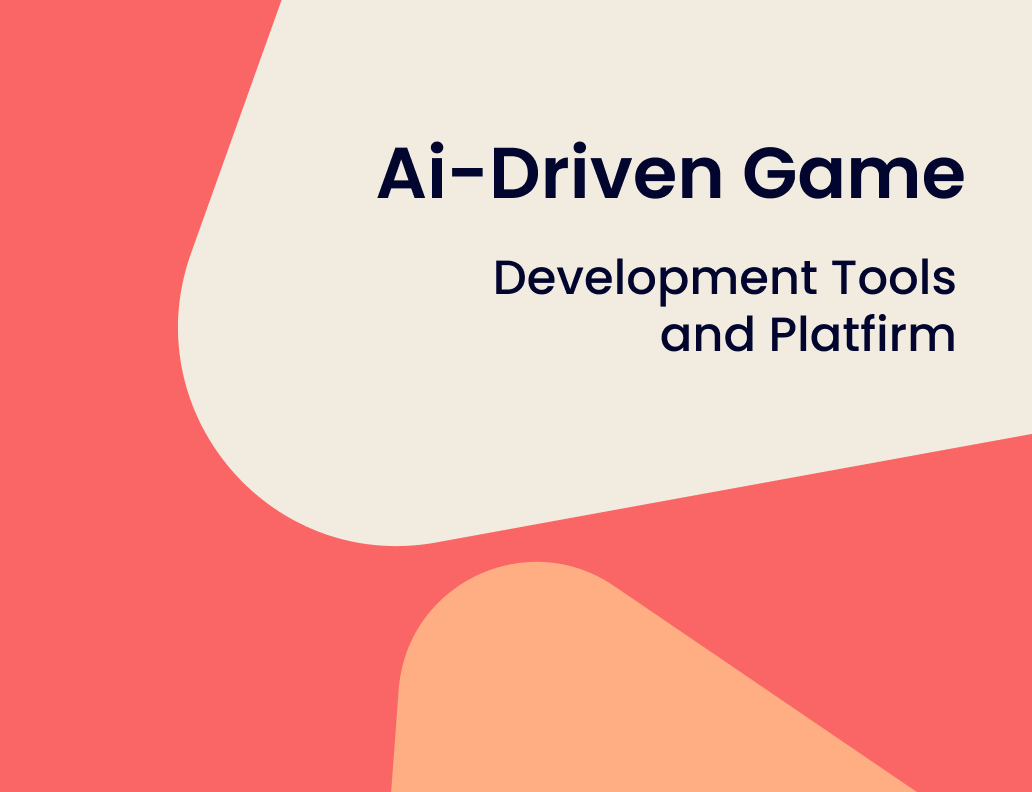AI-Driven Game Development Tools and Platforms
Written by
Krista Alvarez
Published on
April 15, 2024
Time reading
2 minutes

Video game companies have come a long way. There is a constant race to make games look better, feel better, and perform better. But even the most groundbreaking studios could benefit from an effective quality companion. At the same time, developers continue to look for innovative tools and systems. So, here comes Artificial Intelligence (AI) to help ,rather than replace, the skills of developers. Here we’ll explore how AI-powered motion devices and systems are changing the way video games are created and experienced.
Artificial Intelligence Boosts Creativity
AI-powered tools allow developers to automate repetitive tasks, allowing them to focus valuable time and resources on more innovative tasks. Whether it’s taking care of practical landscapes, designing complex characters, or fine-tuning game mechanics, AI algorithms making the life of video games development much easier.
From Procedural Production to Personalized Review
Procedural technology has long been a core element of event development, allowing to creation huge and varied worlds with minimal manual effort. But AI takes this concept to new heights by intelligently generating content based entirely on player capabilities and behavior. By analyzing player data in real time, AI algorithms dynamically change game elements as level problems, enemy behavior, and storylines unfold, creating a personalized and immersive gaming experience for each player.
The Rise of AI-Based Recreation Engines
Game engines provide the tools for AI-driven recreation. From Unreal Engine‘s AI character animation to Unity’s system learning toolkit, developers now have access to a range of AI-powered features. these things enable them to create richer, more engaging game experiences.
Revolutionize Game Design and Payment
Game formats are complex, iterative systems that require careful planning and control, and AI-powered design hardware uses device reading algorithms to examine large amounts of statistics and generate insights to inform the creative process. By predicting user behavior and choices, developers can make informed format decisions and perform efficient design.
Conclusion
From the age of process-based content to dynamic problem tuning, AI-powered tools and systems are reshaping the way video games are created, experienced, and enjoyed. One thing is clear: AI will play an increasingly important role in shaping the future of gaming. So the next time you’re designing an incredible game, think AI. It will be the name of the weapon of choice that launches your game into the stratosphere.